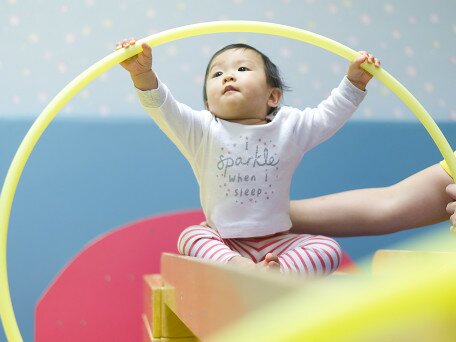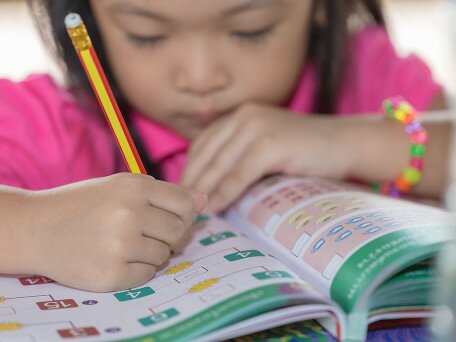The impact of parental stress, parenting practices, and the provision of learning environments on the development of working memory in kindergarten-aged children
- Project Scheme:
- General Research Fund
- Project Year:
- 2024/25
- Project Leader:
- Prof Lee, Kerry
- (Department of Early Childhood Education)

The proposed study aims to examine the effect of a self-regulated vocabulary approach, leveraged by a mobile-user-generated-content (m-UGC) tool, on learning outcomes, perceived self-regulated learning and learning processes of upper primary students in Hong Kong.
Working memory capacity (WM) affects the efficiency with which higher cognitive processes can be carried out and is strongly associated with academic performance. Although WM increases significantly from early childhood to adolescence, Lee and Bull (2016) found that WM grew at similar rates across individuals. Furthermore, they found significant WM differences even amongst kindergarten-aged children. These findings mean that children with low WM in early childhood tend not to benefit from faster WM growth. Instead, their disadvantage persists into adolescence. If we are to design early WM interventions to assist these children, ascertaining the factors and mechanisms that produce individual differences in WM is vital. Previous studies suggest that socioeconomic (SES), parental stress, parenting practices, and parents' provision of learning opportunities are associated with children's WM development (Duran et al., 2020; Lawson et al., 2018). However, questions remain on the interrelations between these factors and the mechanism through which they influence WM. Regarding the interrelations between these variables, we will examine the relative importance of two mechanisms. First, the family stress model suggests that WM is influenced by parenting practices, which are themselves influenced by parental stress and SES. Second, the family investment model suggests that WM is mainly influenced by whether families have the financial resources to provide appropriate learning opportunities. We will also examine which parenting practices are more closely related to WM development. Based on findings from a pilot study (Lee, 2023), we expect children with lower WM to have parents who are inconsistent in their parenting practices or who are permissive and provide little guidance. The study will use a longitudinal cross-panel design to track the development of 4 to 5-year-olds (N=191) over 14 months. Children will be administered, across four occasions, three WM tasks (Lee, 2023): Corsi, backward digit span, and Animal Updating. The children will be recruited from low-, middle-income, and high-income kindergartens. Their parents will be asked about their socioeconomic status, worries about financial sufficiency, stress, and parenting style. They will also be asked about their investment in their children's learning. We will use a statistical model that desegregates within-person versus between-person variation (Hamaker et al., 2015) to test the interrelations between the various constructs. This study will provide information on the specific parents-related variables and the pathways through which they influence WM development: information vital for the development of new WM interventions.








